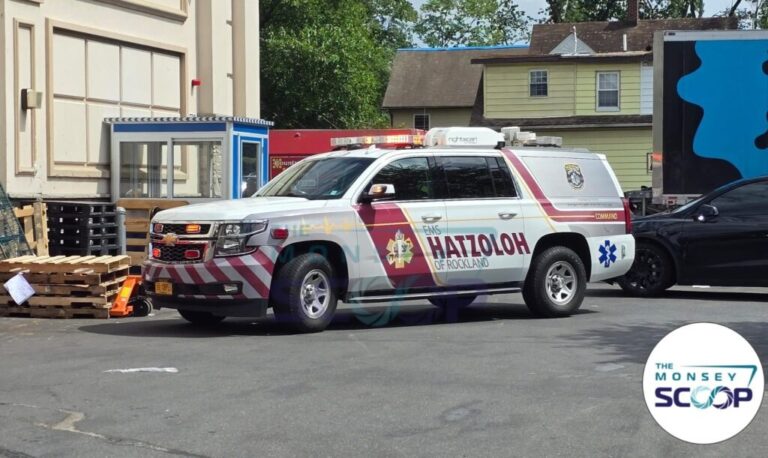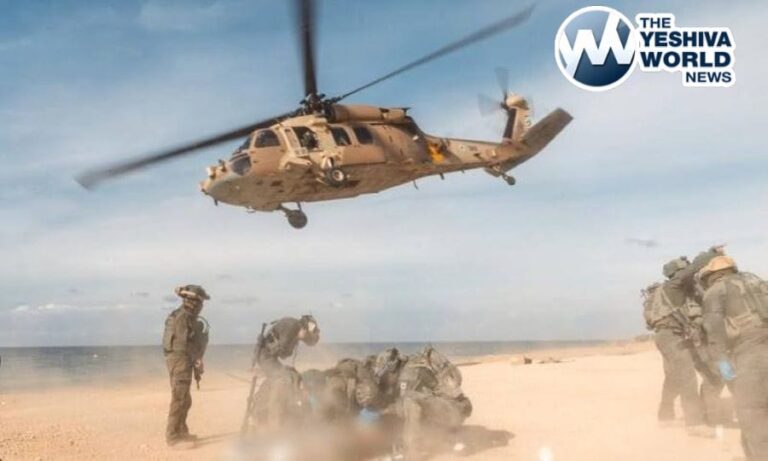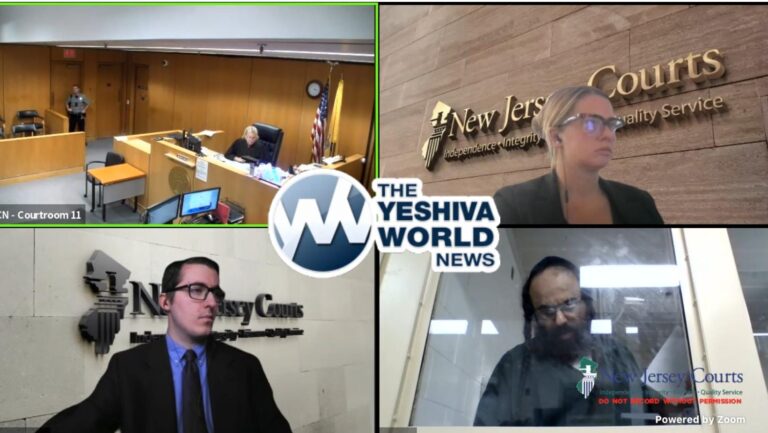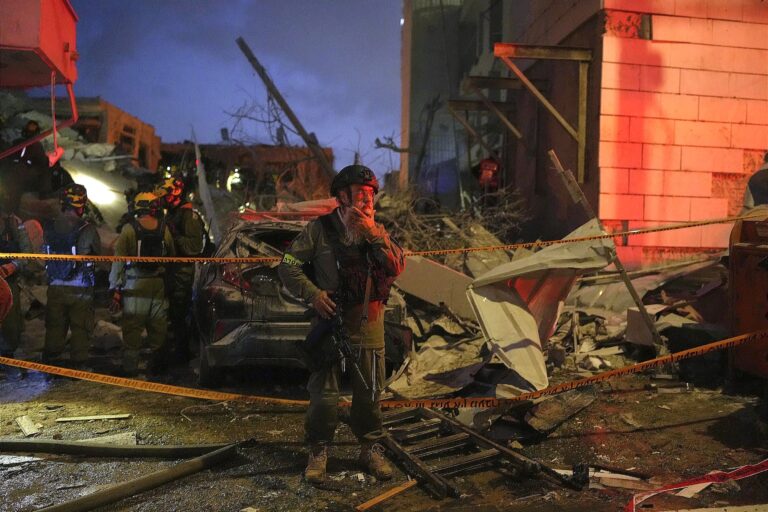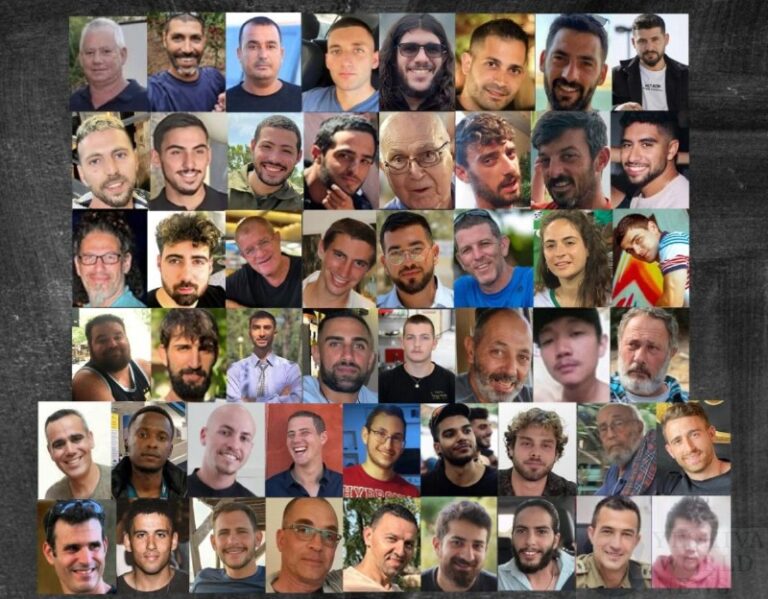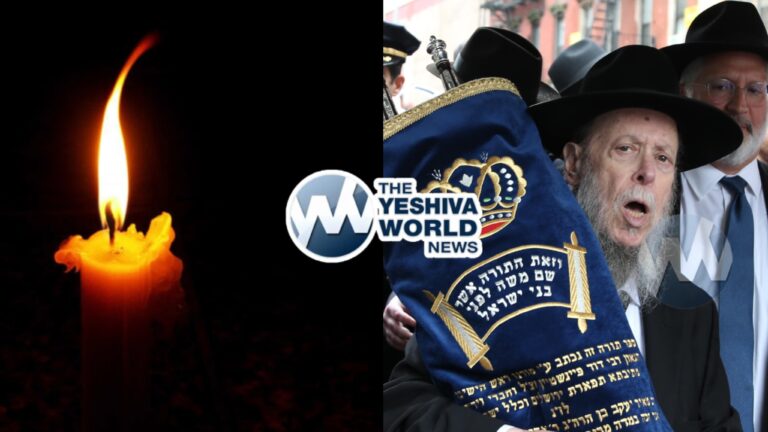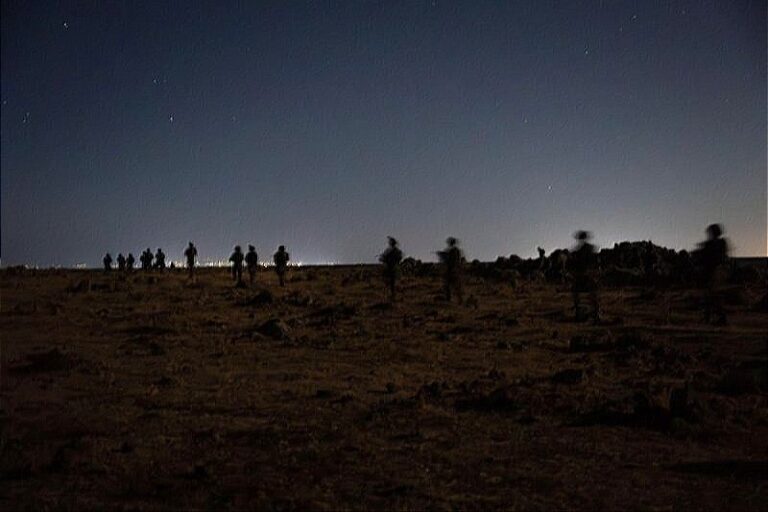 Vice President Joe Biden and European leaders unleashed a torrent of angry words Tuesday against Russia’s “dark path” as Western allies scheduled an emergency meeting in the Netherlands next week to figure out how to punish Vladimir Putin for taking Crimea — and stop him from expanding his reach even farther.
Vice President Joe Biden and European leaders unleashed a torrent of angry words Tuesday against Russia’s “dark path” as Western allies scheduled an emergency meeting in the Netherlands next week to figure out how to punish Vladimir Putin for taking Crimea — and stop him from expanding his reach even farther.
Those who bet on “aggression and fear are bound to fail,” Biden said during a visit to Warsaw aimed at reassuring Russian neighbors who are nervous that they could be next after Putin signed a treaty adding Crimea to the map of Russia.
British Prime Minister David Cameron, reflecting Western worries that Putin’s encroachment could spread farther in Ukraine and beyond, said the Russian moves were “in flagrant breach of international law and send a chilling message across the continent of Europe.”
“President Putin should be in no doubt that Russia will face more serious consequences,” Cameron declared.
Holding out hope for a diplomatic way out of the crisis, Cameron added, “The choice remains for President Putin: Take the path of de-escalation or face increasing isolation and tighter sanctions.”
For all of the tough talk, the Western sanctions imposed on Russia thus far have shown no sign of cowing Putin. More sanctions are in the works, but the West still is searching for more robust answers to the Russian action — short of military intervention.
At the invitation of President Barack Obama, the Western leaders will meet at The Hague next week to discuss what comes next. Leaders from the so-called Group of Seven nations — the U.S., Britain, Germany, Japan, France, Italy and Canada — and the European Union will gather there on the sidelines of a previously scheduled 53-nation nuclear summit whose participants include Russia.
Republican Sen. John McCain, R-Ariz., insisted on more aggressive U.S. action, urging the Obama administration to provide military assistance in the form of small arms and ammunition as well as nonlethal aid to the Ukraine and expanded sanctions. In a separate statement with Sen. Lindsey Graham, R-S.C., the two said, “The West must impose real costs on Russia for its aggression in Ukraine. By failing to do so, we only invite further aggression elsewhere.”
In the meantime, Biden’s two-day visit to Poland and Latvia was all about providing reassurances that the U.S. commitment to defend its NATO allies is “ironclad.”
“Have no doubt: The United States will honor its commitment,” Biden said. “We always do.”
The vice president said new NATO training and exercises will take place in Poland. At Warsaw’s request, the U.S. last week sent some 300 air troops and a dozen F-16 fighters to Poland for joint training in a show of military support for a key ally. Biden also said the U.S. is considering rotating American forces to the Baltic region to conduct ground and naval exercises, plus engage in training missions.
As for Russia’s actions in Ukraine, Biden dismissed them as “nothing more than a land grab.”
“It’s a simple fact that Russia’s political and economic isolation will only increase if it continues down this dark path,” Biden said, adding that virtually the entire world rejects the referendum in Crimea on Sunday that cleared the way for Russia to absorb it.
The vice president met with leaders of Poland and Estonia in Warsaw on Tuesday and was scheduled to see the leaders of Lithuania and Latvia on Wednesday in the Lithuanian capital of Vilnius. All four nations share borders with Russia and are members of the NATO alliance.
Former Soviet states are among those most concerned that Moscow could be resuming its traditional imperial ambitions. But Ukraine is at greater risk because it lacks membership in NATO and the promise of collective defensive measures that comes with it.
Putin, who is anxious to keep Ukraine from tacking toward the West, offered a reassurance that he had no intention of invading other regions of Ukraine that seemed to carry an undercurrent of a warning with it.
Although Ukraine has never been offered full membership, NATO agreed at a summit meeting in 2008 to keep its door open to Ukraine and to cooperate on a range of defense issues. Particularly in light of the current pressures on Ukraine from Russia, it seems highly unlikely that leaders of NATO countries would close the door to membership for Ukraine.
The Obama administration’s approach since the beginning has been to dissuade Ukraine from seeing its future as a discrete choice between East and West.
The administration has made it clear to Russia that it wants to work with Ukrainian officials to enact political reforms that would ease Moscow’s concerns about the treatment of Russians in Ukraine. Power-sharing, greater regional autonomy, including for Crimea, have been and still are on the table.
In a town hall Tuesday with university students, U.S. Secretary of State John Kerry described any further Russian incursion into eastern Ukraine as “a hard line” and “egregious” but declined to give specifics on how the U.S. would respond. “That would be a major breach and I hope we don’t get there,” he said.
(AP)

